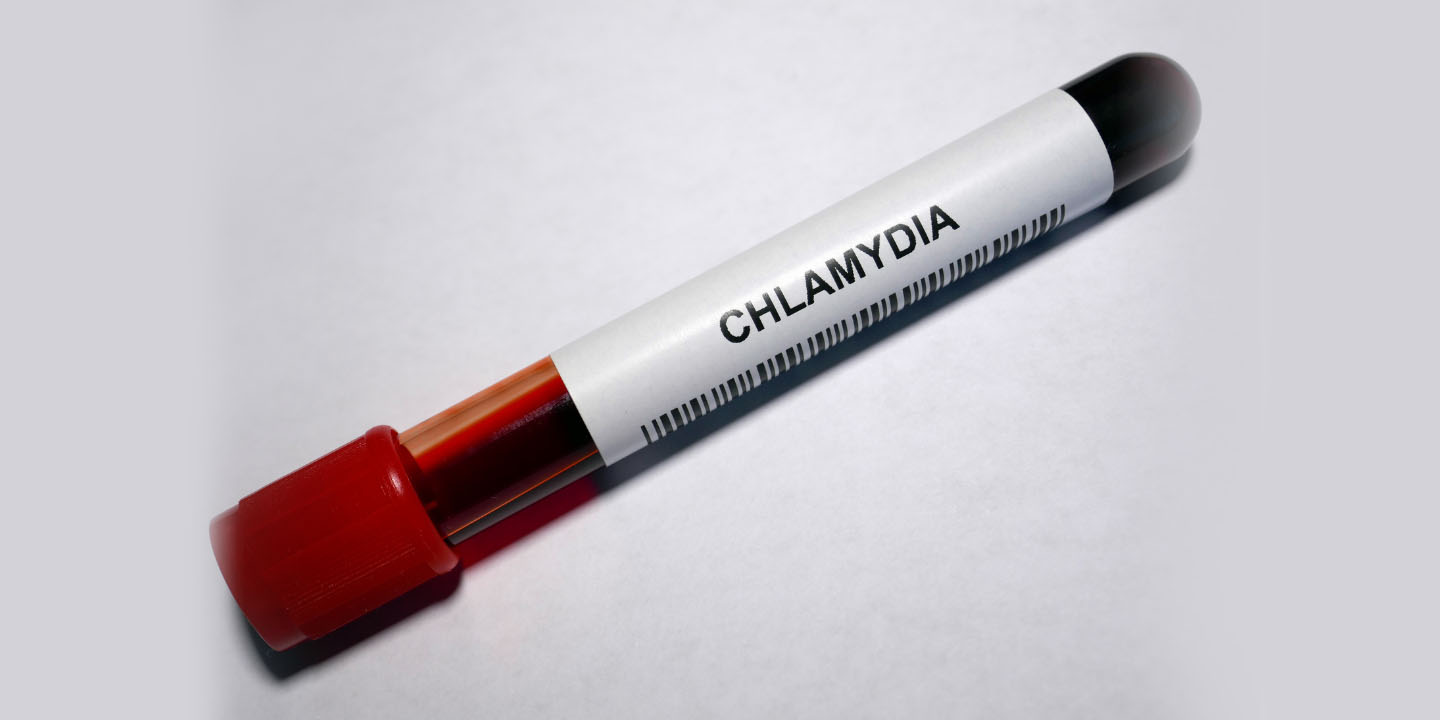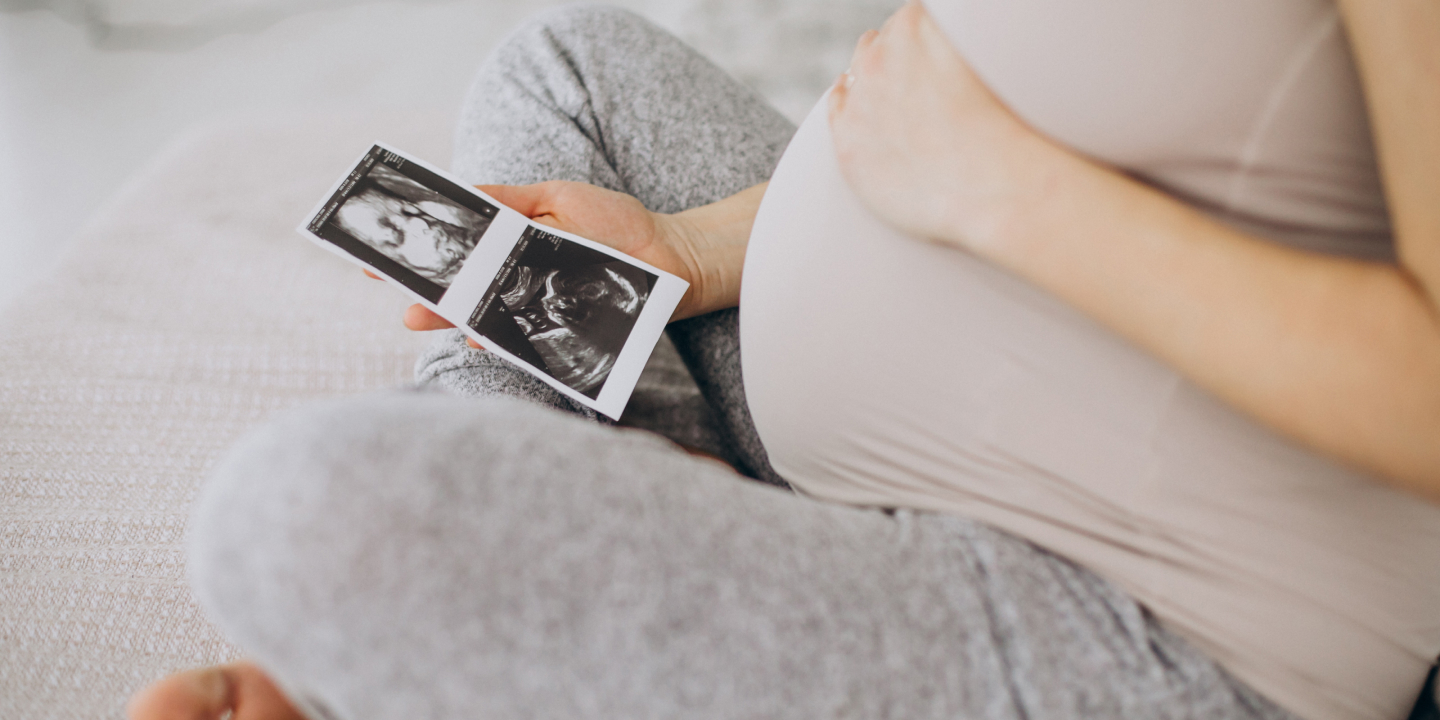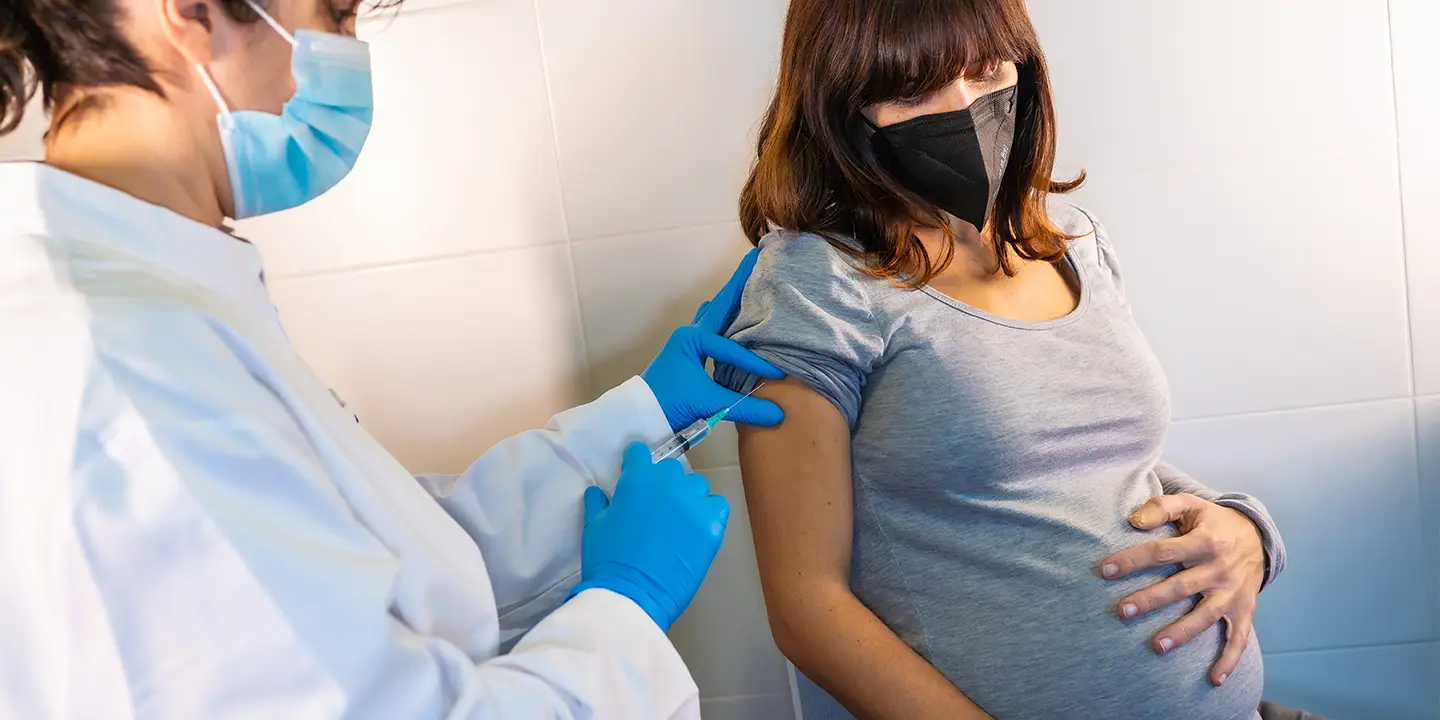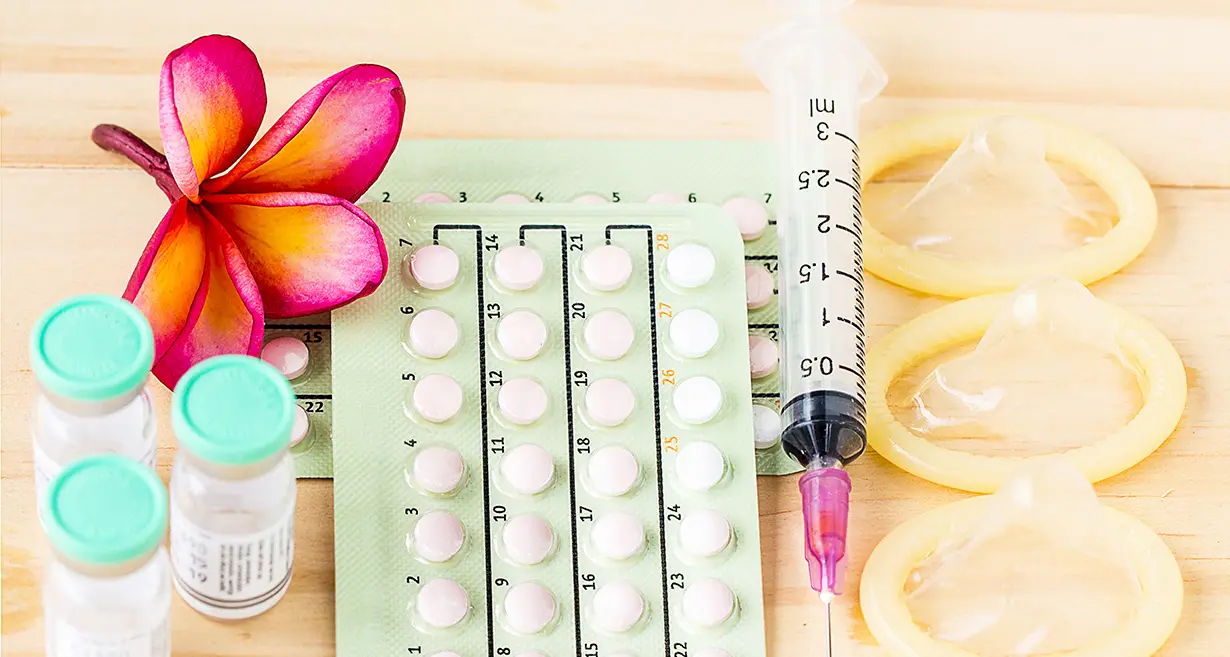
Random blood sugar or RBS test in pregnancy is a popular practice used during pregnancy to measure blood glucose levels at any time of day, regardless of when the last meal was ingested. RBS test is usually done to screen for gestational diabetes mellitus (GDM), a disease that causes high blood sugar levels during pregnancy.
Your doctor may advise you to undergo an RBS test during pregnancy in order to check for gestational diabetes, a type of diabetes caused by hormonal changes during pregnancy. Gestational diabetes is a pregnancy-related illness that affects how the body consumes glucose (sugar). It is distinguished by elevated blood sugar levels, which can endanger both the mother and the baby. If untreated, gestational diabetes can be extremely damaging to both the mother and the fetus, as well as increase the risk of acquiring diabetes later in life.
In this Article
Diabetic Symptoms During Pregnancy
Your doctor may also request an RBS test for pregnancy if you have diabetic symptoms, such as:
- Urination on a regular basis.
- Excessive thirst or hunger
- Tingling or a loss of feeling in the hands or feet
- Vision distortion
- An unusually high frequency of infections
- Unknown cause of weight loss
- Feeling fatigued.
- Skin that is dry
- Wounds or sores that take longer to heal
In addition, if you have symptoms of low blood sugar or any other health concern, the doctor may request glucose testing. Maintaining normal RBS level in pregnancy is an essential aspect of controlling prediabetes and diabetes once they are diagnosed.
Why is an RBS Test in Pregnancy Important
The following are the reasons why the Random Blood Sugar test is used during pregnancy:
Screening for Gestational Diabetes: The RBS test is a quick and easy way to check random blood sugar levels at any time of day, regardless of when the last meal was eaten. It aids in the detection of high blood sugar levels, which may suggest the presence of gestational diabetes.
Early detection and treatment: Early detection, and maintaining normal RBS level in pregnancy through treatment of gestational diabetes is critical for prompt intervention and management. If uncontrolled, gestational diabetes can cause difficulties and complications for both the mother and the baby, including macrosomia (high birth weight), delivery trauma, preterm birth, and an increased chance of acquiring type 2 diabetes later in life.
Risk Assessment: Certain risk factors may raise the likelihood of getting gestational diabetes in some pregnant women. Being overweight or obese, having a family record of diabetes, having a history of gestational diabetes in prior pregnancies, or having specific medical problems such as polycystic ovarian syndrome (PCOS) are all risk factors.
Monitoring Blood Sugar Control: RBS test during pregnancy is also performed on pregnant women who have already been diagnosed with gestational diabetes to monitor blood sugar control and ensure that it remains within the RBS normal range. Regular monitoring allows for alterations to the treatment plan, which may include dietary changes, physical activity suggestions, and, in some circumstances, insulin medication.
Values for RBS normal range in pregnancy
| Random Blood Sugar Levels | Conditions Diagnosed |
| 110 – 140 mg/dL | Normal RBS Level |
| Between: 140 – 200 mg/dL | Prediabetes |
| Higher than 200 mg/dL | Diabetes |
Procedure & Cost
Keeping RBS normal value in pregnancy is an essential component of prenatal care, and it allows doctors to identify and manage gestational diabetes effectively, ensuring the well-being of both the mother and the baby throughout pregnancy.
The RBS test is a quick and convenient method to evaluate blood glucose levels. During the test, a small blood sample is taken from a vein (venipuncture) or through a finger prick (fingerstick), and the blood sugar level is measured using a glucose meter or sent away to the laboratory for further analysis.
The cost of an RBS test during pregnancy can vary depending on the healthcare facility or laboratory you visit. The price range in India is generally between INR 100 to INR 500, depending on the location and the specific facility.
It is important for pregnant women to follow the guidance of their doctor regarding when and how often to get blood sugar testing done during pregnancy. Regular prenatal care, including having random blood sugar normal range, is crucial to identify and managing any gestational diabetes or other pregnancy-related complications effectively.
Takeaway
One of the many tests you’ll get throughout pregnancy is for gestational diabetes. Because uncontrolled diabetes can create issues for both you and the fetus, an RBS test during pregnancy has become a common element of prenatal treatment. Glucose testing is straightforward and relatively painless. If your body does not properly handle glucose, your blood sugar random level will be elevated or abnormal. Speak with a doctor to ensure you understand what a glucose test is and when you should have one. They can guide you further in better comprehending this procedure.
Frequently Asked Questions
RBS test in pregnancy is extremely common and provides no substantial concerns. When the needle is inserted, you may experience a mild stinging sensation similar to an ant bite, and a small bruise may form. Apart from that there are no risks.
If your RBS test results show that you have high blood sugar levels, this does not necessarily indicate that you have gestational diabetes. It signifies that further testing is required to confirm the diagnosis. Further tests, such as the glucose tolerance test, may be recommended by your doctor to obtain a more precise evaluation of your blood sugar level and form a plan to effectively control it.



























































































































































































